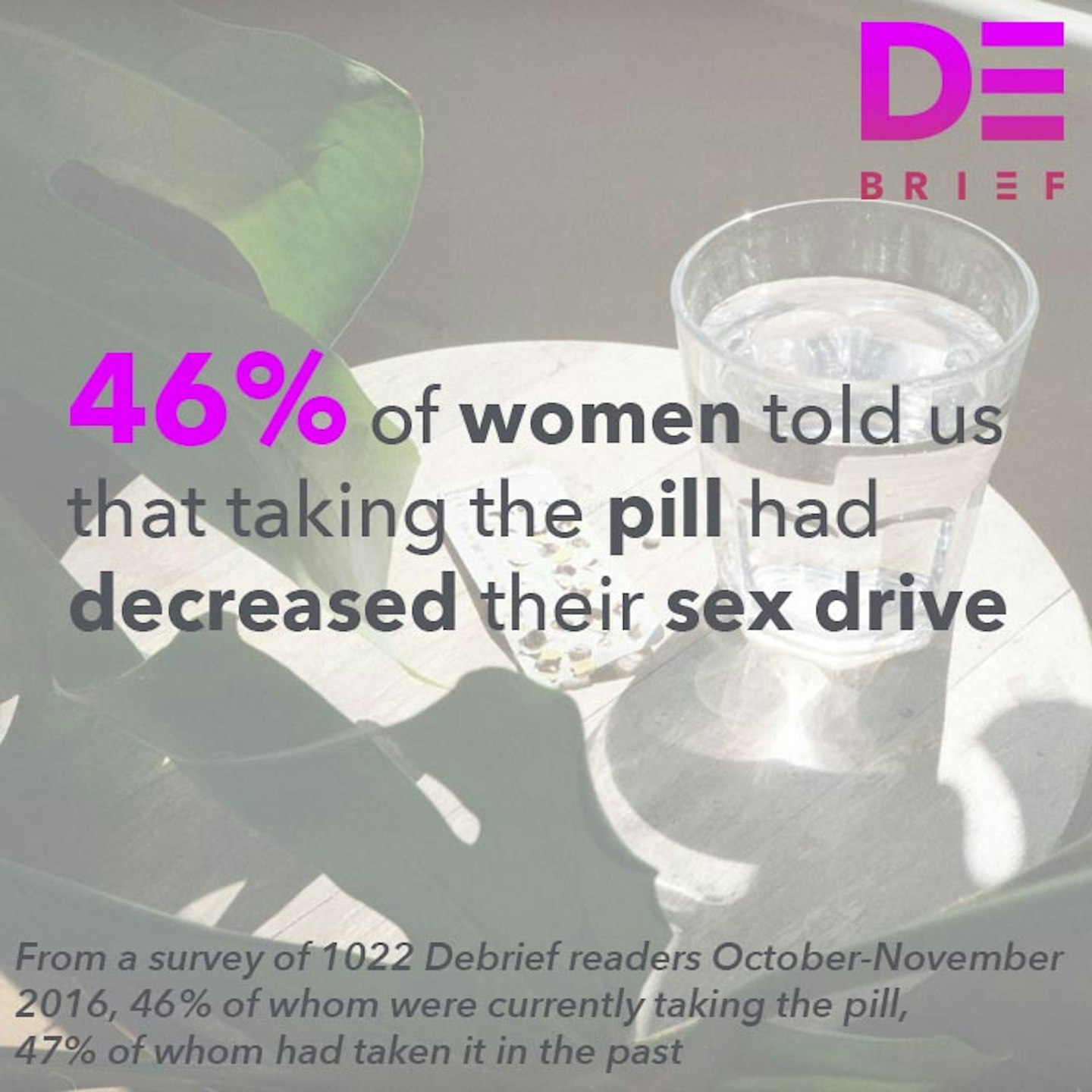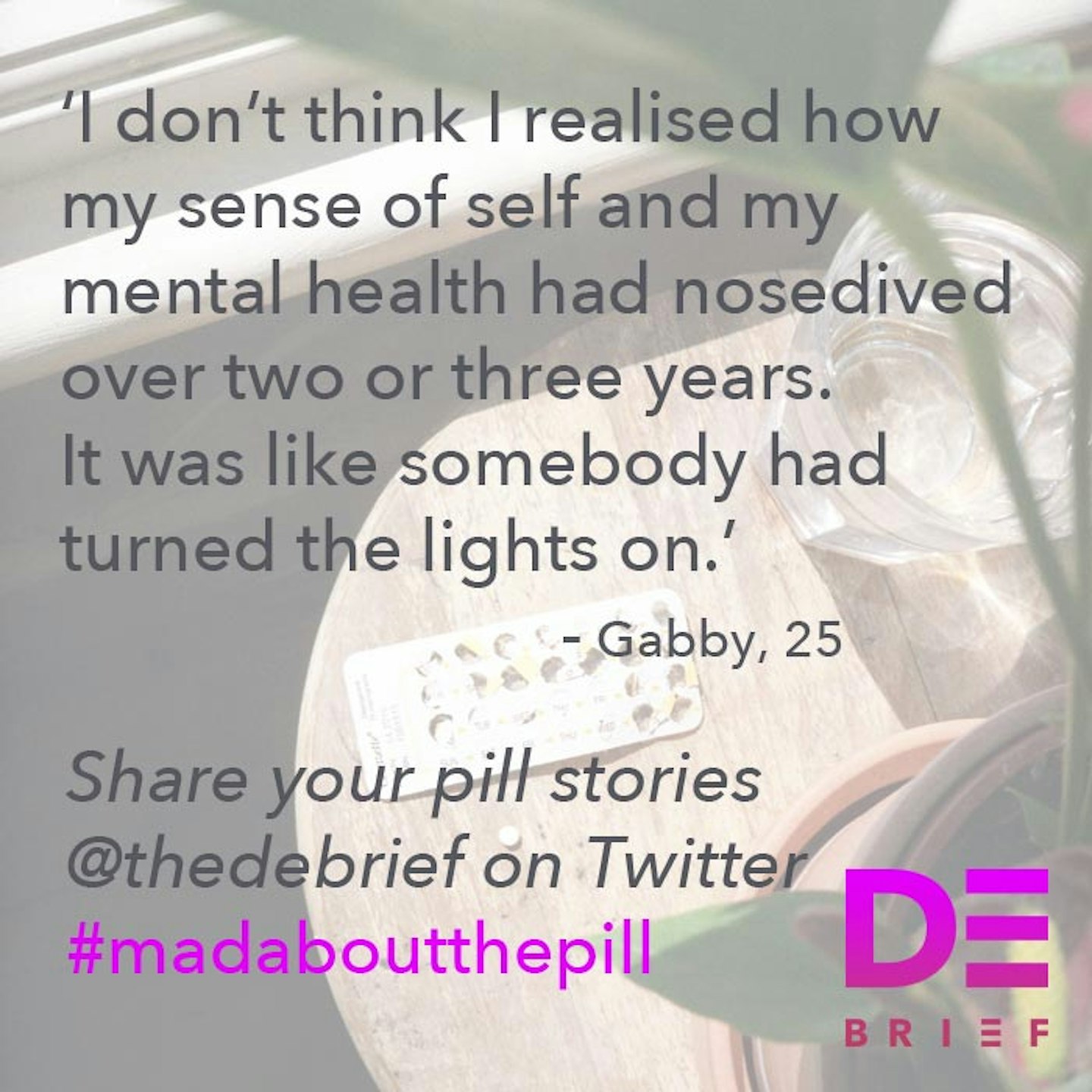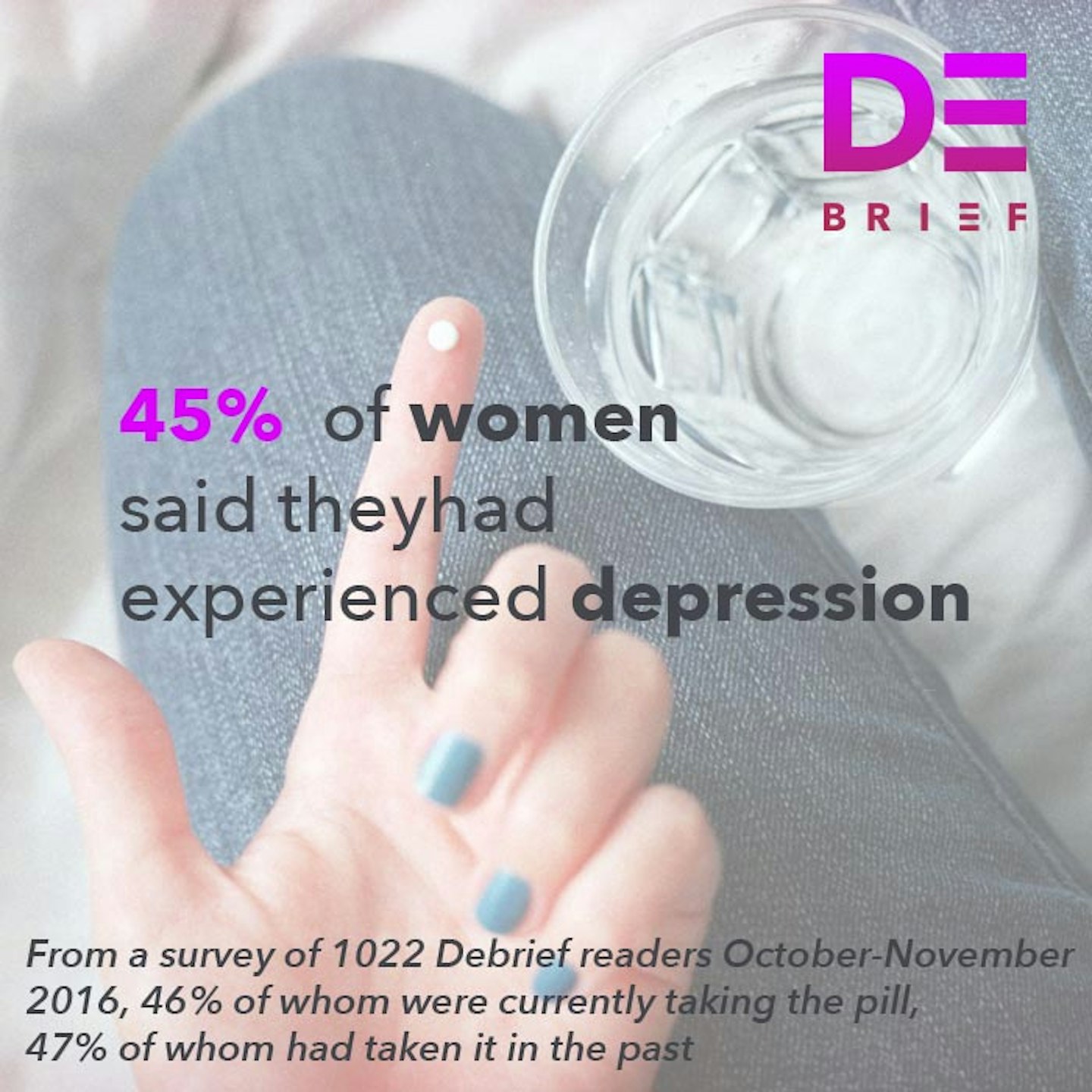With the Christmas party season upon us, we are spending plenty of time socialising with colleagues, family and friends. However, according to recent research from Time to Change, we are still holding back on talking about crucial topics, most importantly our own mental health issues.
Out of the 2,000 British workers surveyed:
• 30% felt comfortable discussing a relationship break-up;
• 26% felt comfortable discussing money problems
• 20% felt comfortable discussing dating advice
• 19% felt comfortable discussing religion
• 18% felt comfortable discussing sex
And right at the bottom of the pile, only 13% of people claimed that they were comfortable discussing their mental health.
This follows research from the Mental Health Foundation earlier this year suggesting that at least 1 in 4 people will experience some kind of mental health problems each year, yet less than half of employees said that they would feel comfortable to openly discuss such problems with their managers.
In the report, Sue Baker, Director of Time to Change, recognises how difficult the Christmas season can be for those suffering with mental health problems, “The pressure to spend money, socialise and ‘have fun’ can leave people feeling more isolated than ever, especially if we feel there’s no-one to turn to.”
On a more encouraging note, roughly 50% of those who felt comfortable discussing their own sexual health, said that they would also support a colleague if they noticed them struggling with such issues.
Yet, 39% of these people said that they wouldn’t know how to.
The Debrief's Mad About The Pill Investigation: Hormones And Mental Health
Debrief Mad About The Pill Stats
 1 of 9
1 of 9Debrief Mad About The Pill Stats
 2 of 9
2 of 9Debrief Mad About The Pill Stats
 3 of 9
3 of 9Debrief Mad About The Pill Stats
 4 of 9
4 of 9Debrief Mad About The Pill Stats
 5 of 9
5 of 9Debrief Mad About The Pill Stats
 6 of 9
6 of 9Debrief Mad About The Pill Stats
 7 of 9
7 of 9Debrief Mad About The Pill Stats
 8 of 9
8 of 9Debrief Mad About The Pill Stats
 9 of 9
9 of 9Debrief Mad About The Pill Stats
So how can we help?
Natalie Hall, works for the police force, and noticeably suffered from depression. “I would often be visibly distressed, yet most people would look the other way. I felt very alone and like nobody cared." But for Natalie the little things really made all the difference and she was filled with hope when receiving a little card from some close colleagues. "It’s the simple little reminders that people care and want to help that give you the will to carry on and get better”, she said.
Sue Baker suggests that the best way to combat this stigma in British culture is to confront it head on. “So let’s add talking about mental health into the usual mix of workplace conversations about relationships, money and even sex - it could make all the difference to those of us who could be struggling this Christmas."
Liked this? You might also be interested in...
Follow Tara on Twitter: @taracastiglioni
This article originally appeared on The Debrief.
